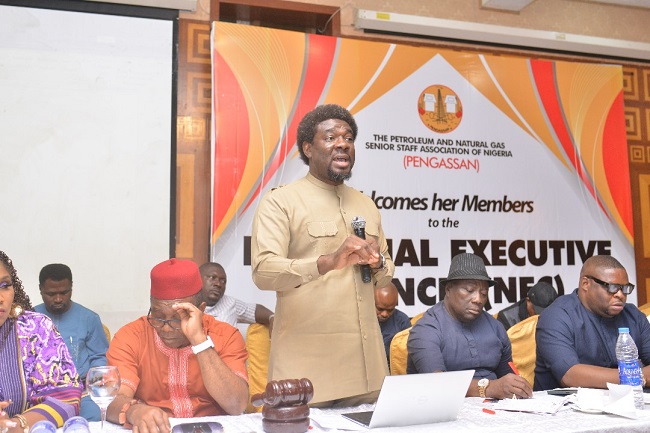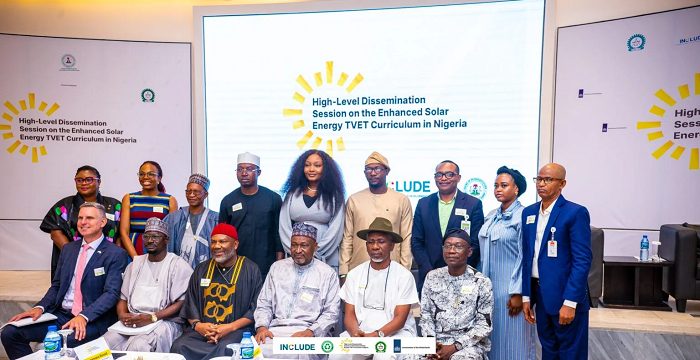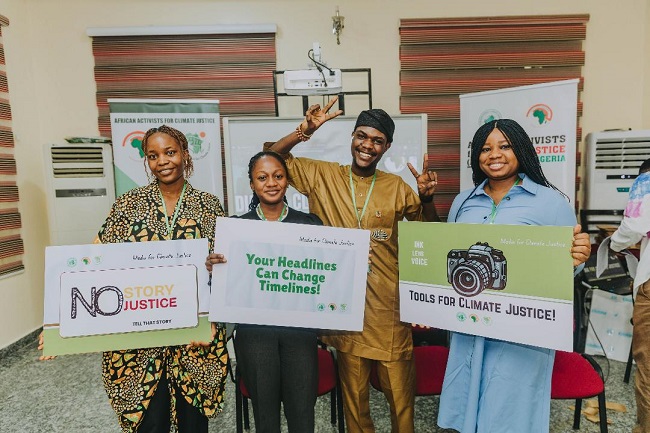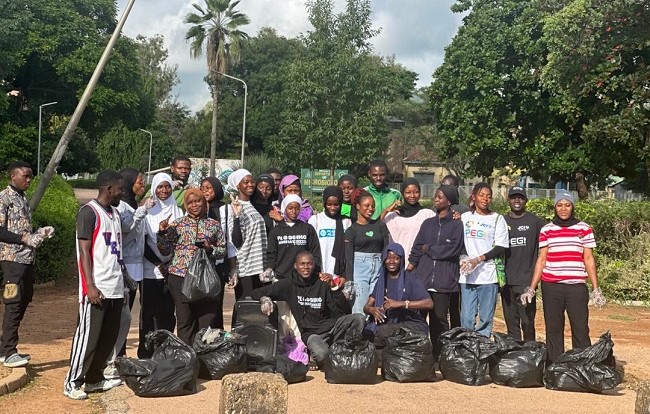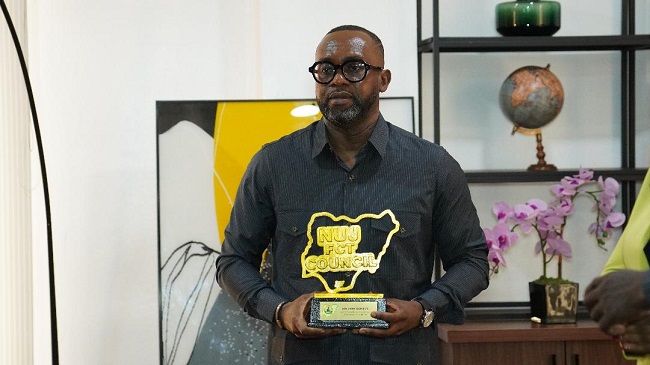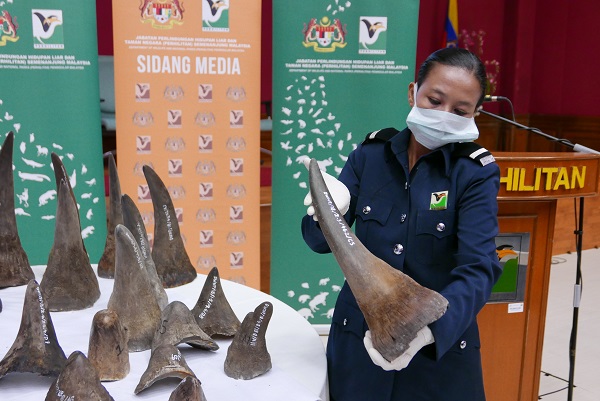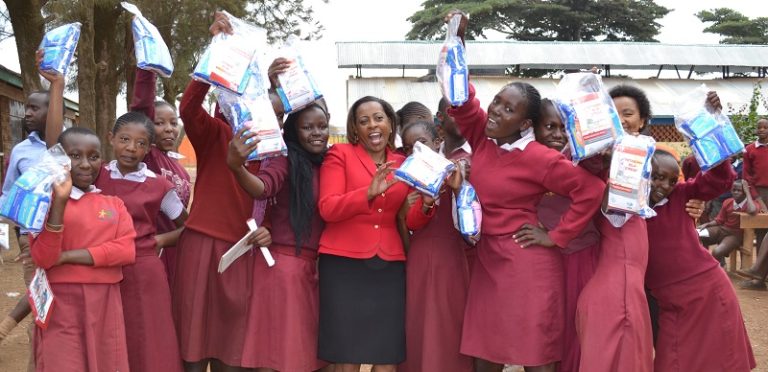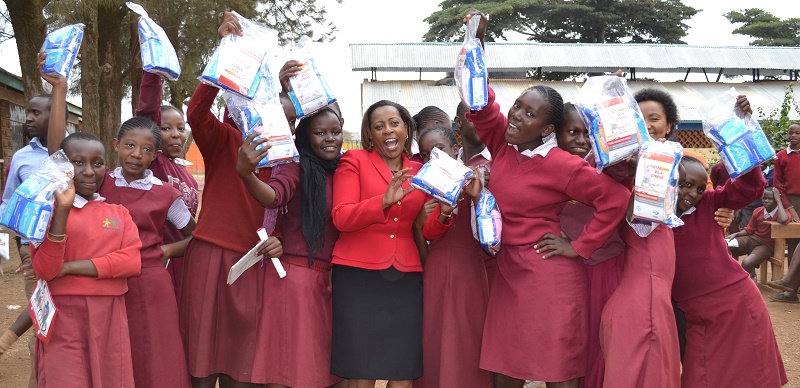The Delta State Government on Wednesday, August 20, 2025, signed a Memorandum of Understanding (MoU) with the Rural Electrification Agency (REA) to boost renewable energy, and expand electricity access to underserved communities.
The MoU was signed in Abuja at the REA State-by–State Roundtable Engagement with Delta with the theme, “Unlocking Distributed Energy Investments for Industrial Growth and inclusive Access.”

Speaking at the ceremony, Gov. Sheriff Oborevwori emphasised the willingness of the state government to participate in impactful programmes and offered by REA.
“I must emphasise that we view these programmes not only as energy access initiatives, but as powerful tools for inclusive economic growth, enterprise development, and rural transformation.
“Access to renewable energy is a cornerstone for unlocking productivity, attracting investments, and enhancing the livelihoods of our people, particularly in communities that have long been upset and underserved.
“Delta is committed to leveraging these programmes to accelerate the delivery of energy solutions that align with our medium-term development plan 2024-2027 and the more agenda of Delta.
“We believe that the outcomes of these initiatives will drive meaningful improvements in healthcare delivery, education, local industries, and job creation across Delta,” he said.
The governor also said that renewable energy evolution had already begun, adding that Delta would not be left behind.
According to him, Delta has begun, solar, wind, hydro, and biomass are no longer the underdog sources of energy as the International Energy Agency in its 2024 journal reports that renewable energy accounts for 90 per cent of global power capacity.
“On our part, Delta in its bid to key into Federal Government’s Energy Plan that ensures access to electricity, renewable energy means and private sector collaboration, has enacted the Delta State Energy Power Sector Law 2024.
“The policy seeks to address electricity sector challenges, improve electricity access, enhance investors’ confidence, and promote sustainable energy development,” he said.
Oborevwori said that Delta through strategic planning had established 8.5 megawatts independent power plant in Asaba designed as an embedded power system to feed government establishments.
According to him, plans are also underway to replicate same template in the state tertiary institutions to meet the energy needs of educational facilities.
He said that similarly, the state government had equally committed huge financial resources in rural electrification schemes intended to rehabilitate and reinforce existing dilapidated electricity networks.
“Extend electricity network to rural communities not yet covered or connected to the national grid.
“As encapsulated in our energy policy, Delta is ready to widen its operations in the electricity sector.
“Therefore, we aim for the establishment of solar power mini-grids, solar farm for rural communities, hybrid solar wind systems, or any other renewable energy hybrid system for housing and coastal estates.
“The goal is to accelerate energy assets for on-site and on-the-site communities through deployment of renewable energy solutions in Delta State.”
The governor, however, assured the deployment partners and prospective investors that the state was irrevocably committed to investments in the energy sector.
“We assure prospective investors of our determination to invest in the energy sector.
“We thank the World Bank, the REA, the renewable energy services companies, the energy ecosystem investors, and all other physical stakeholders that are here present for this collaborative opportunity.
“I assure you of our readiness to work closely to identify and develop viable projects that will yield sustainable and far-reaching impacts.
“Once again, I welcome you all and look forward to productive engagements, ‘’ he said.
The Managing Director of REA, Mr. Abba Aliyu, said that increased electrification of off- grid communities in Delta had the potential to attract $158 million investments.
Aliyu said that expanding powered off-grid sites would significantly boost the country’s GDP, with a projected annual increase of 2.9 billion dollars and create 31, 220 new jobs in Delta.
He said that REA had identified 471 potential mini-grid sites in Delta with Ndokwa East Local Government Area accounting for over 83 locations.
According to him, the mini-grids in Delta can potentially power more than 386, 046 people and 120, 000 buildings across the state.
He said’’179 communities in the state have more than 100 connections for private sector mini-grid developers adding these sites are attractive and have high impact investment.
“ On average, a village in Delta can have 255 connections. This density makes the state very attractive for mini-grid investments,” he said.
Mr Frank Nwaebo, Director Renewable Energy, Ministry of Energy in Delta, while presenting renewable opportunities, said that the state had immense potential for renewable energy particularly solar power.
Nwaebo said that with an annual average solar radiance of 4.53 kilowatts per hour, making Delta the highest in the South-South region.
“ The growing demand for and rise of prices of fossil-related fuel stock such as natural gas, coal and diesel have resulted to urgent need for diversification if the state must achieve a cheaper and wider energy supply mix, ‘’ he said.
According to him, Delta government has inaugurated a Renewable Energy Policy Roadmap (2023-2028) to guide the state’s transition to renewable energy and reduce greenhouse gas emissions.
By Constance Athekame

